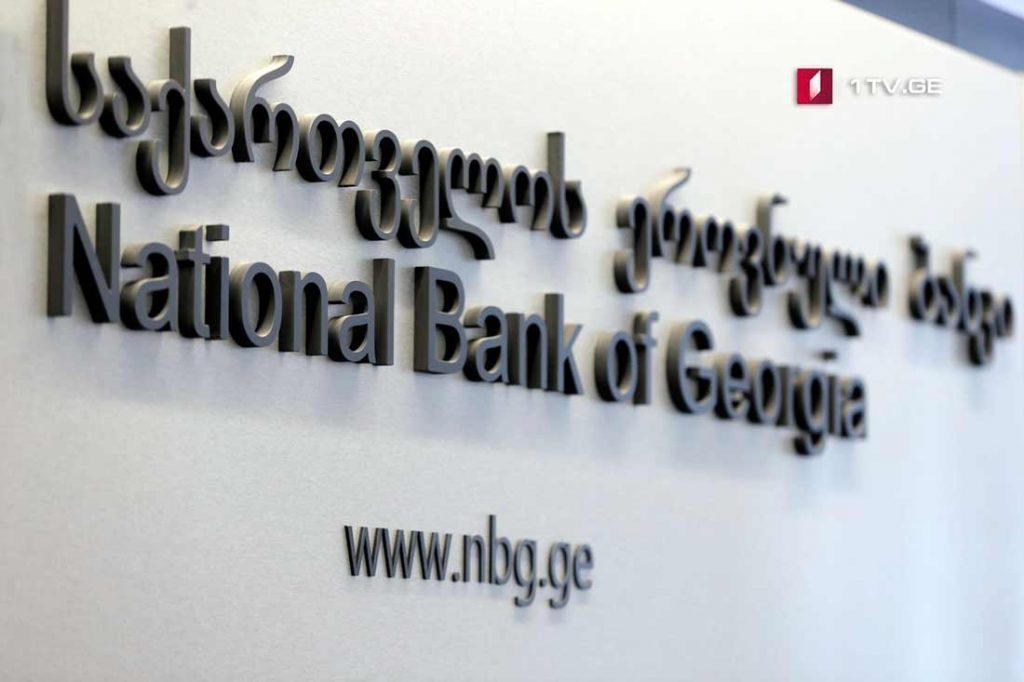On October 26, the Monetary Policy Committee of the National Bank of Georgia (NBG) decided to keep the monetary policy rate (the refinancing rate) unchanged. The monetary policy rate stands at 11.0 per cent.
In its statement, the NBG said, inflationary pressure is “still high” in most of the world, to which the leading central banks are responding with tightened financial conditions. This worsens global economic growth outlook and creates stagflation risks.
Alluding to the inflation in Georgia, the bank said it had “retreated from its peak,” however it still remains at a high level, amounting to 11.5 per cent in September.
“Other things equal, inflation will remain high until the end of the year, but will continue to gradually decline and will approach the target level in the second half of 2023. Taking into account the existing inflationary risks, tight monetary policy will be maintained and its normalization will gradually begin only after a clear trend of decreasing inflation will be observed. On the other hand, if inflation expectations rise and/or additional demand-side price pressures emerge, further tightening of policy or maintaining the current tight stance for a longer time period might be necessary,” the NBG stated.
The bank deemed the economic activity “still strong,” saying that the Russia-Ukraine war and the accompanying sanctions imposed on Russia have significantly increased migration flows into Georgia, boosting demand.
“The average real GDP growth in the first eight months of 2022 stood at 10.3 per cent. Accordingly, the forecast for the economic growth in 2022 has been revised upward to 10 per cent. The average annual level of economic activity in 2022 is expected to exceed its potential level. As a result, demand-driven inflationary risks have increased, although this is partly offset by the strengthening of the GEL exchange rate as a result of foreign exchange inflows,” reads the statement.
The National Bank claimed that as a result of tight monetary policy and the recently implemented macroprudential instruments, the credit growth has begun to slow down.
“It is expected that this effect will be strengthened in the future. Along with remuneration on reserve requirements on funds borrowed in the US dollar and Euro fixed at 0 per cent, monetary policy tightening from the European Central Bank and the Federal Reserve will have an additional policy tightening impact of foreign currency loans in Georgia. Fiscal deficit is also shrinking. The combination of these factors will help to neutralize demand-side inflationary pressure, which will help inflation decline,” the bank stated.
The next meeting of the Monetary Policy Committee will be held on December 21, 2022.
